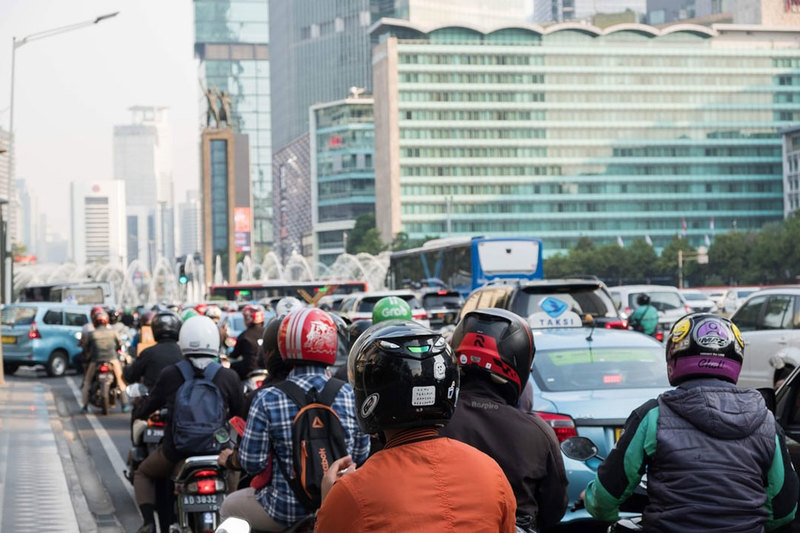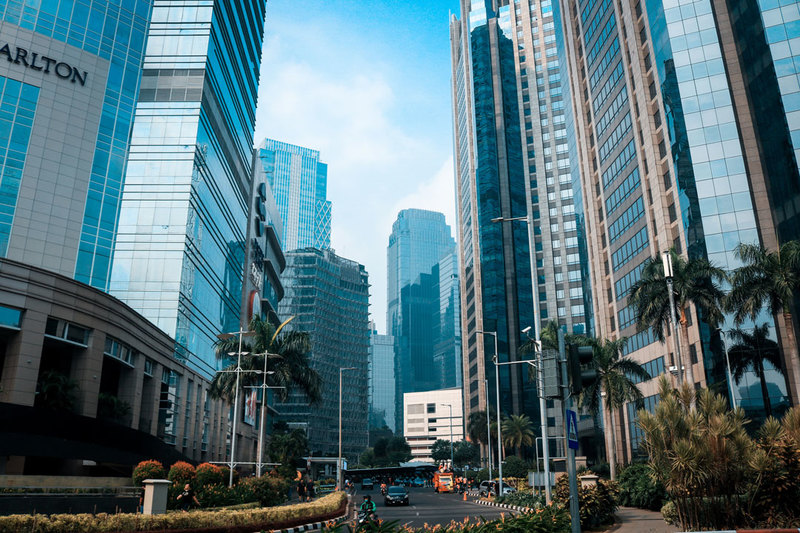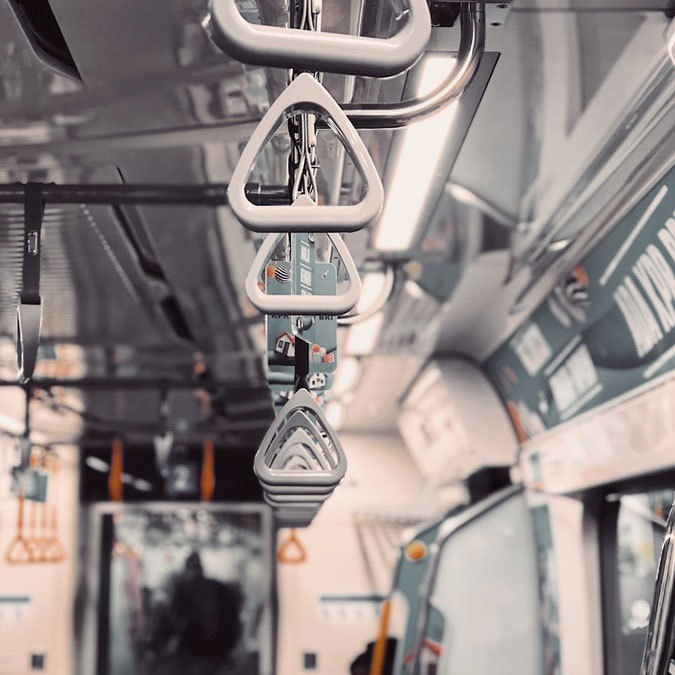
As we know for sure, Jakarta is a megacity surrounded by satellite cities, thereby riddling the capital with complicated issues that need to be solved since the coastal city of Batavia was transformed into a Big Durian, a melting pot of multiple cultures. This year, Jakarta celebrates its 493rd anniversary in a quiet place while the city is currently in the battle to combat the Covid-19 pandemic.
We are in this together as the world experience the same contagious disease that threatens many lives. The city with more than 10 million population has been facing many challenging issues, from economic inequalities, natural disasters, to social disparities that cannot be overlooked. In the 21st century today, more people living in urban areas, making the city more complicated than ever before. We already knew for sure that Jakartans can not only depend on the government but also it’s now come to the level where the residents themselves have a pivotal role to contribute to the city on a different stake.
If we can ask ourselves, what makes ‘Jakartans’? Is it being officially registered a resident? Our legal ID card? The fact is Jakarta has been built by many people who are not only the native residents but Indonesians who came to the city to find their fortune. Many critics addressed that immigrants and non-native residents will care less about Jakarta because they don’t see the city as a home and only come here to make better lives. People can’t wait for five years to make themselves as residents.
If the current crisis makes us struggle than ever before, it’s time to reevaluate ourselves on how Jakarta runs the city and redistribute the capital in a more inclusive way. Today, the role of residents in any level from wealth to poor, from professionals to non-formal workers, is way more important. In a complex city, the diverse contribution of people is pretty much necessary by bringing the spirit of collaboration, reciprocal role, and the state of public service.
Jakarta has been progressive in its own term by looking forward to a new thing to make the city better for all people. In the era of technology and discussion around sustainability, civic engagement must be revisited to solve the complicated urban issues, especially during the crisis.

Civic Engagement 3.0
According to the Journal titled Civic Engagement 3.0 – Rethought Collaboration: Citizens as City-Makers on The Finnish Journal of Urban Studies, the abundance of collaborative activities between government and citizen must be revisited. By increasing recognition of the problems faced, the need for interaction between citizens and the government is rethought. The goals and means of interaction and collaboration are discussed critically. It is now recognised that for many, ‘doing good’ for the community can be an important part of making one’s life meaningful (Martela 2015), and that many are willing to engage themselves in the society by doing good for others through voluntary action (Pessi & Oravasaari 2010). In the digital era, social media and the Jakarta Smart City open the possibility to practice civic engagement 3.0 but must the execution of this model must be rethought. It’s not a trickling down policy but collaboration.
The Journal shows that the way in which public organisations approach citizens in phase 3.0. can be termed ‘the 3.0. way of thinking’. As such, four previously less evident ideas gain attention: 1) Multiplicity of citizens’ roles and action potentials, essentially including potentials related to self-organised action, and appreciating them as societal resources, 2) citizens’ own voluntary approaches to doing good for the community become important in terms of their civic engagement, including engagement through self-organised action and also economic activity, 3) hybridising governance as a whole, meaning that governing is developed to include a repertoire of approaches that balance civic and governmental action optimally in each specific case, according to Mäenpää & Faehnle (2017), and 4) strategic continuous improvement of this governance based on practices of reflection and learning.

Facing the Crisis
In a time of crisis, this model of engagement is highly necessary to find the solution together that initiated by both parties, government and citizens. In the battle of tackling the Covid-19 for example, the government could invite the citizen in the level of community to run actions for precaution and ask for help to contain the virus together. It has not been communicated smoothly but few neighborhoods have role for independent action where local leaders have invited residents to participate in controlling their area of living, involve youth for voluntary work. In reverse, citizens could report the development of the virus in the area and help the government to map the transmission.
It requires two ways of communication to ensure effective and efficient action that could target the right distribution of aid, virus control, and act for precaution. Residents could also give an example of how the neighborhood could curb the transmission of the virus that can inspire another area to adapt to the model. As a comparison, Finland, the country that looks forward to Civic Engagement 3.0 has successfully curbed the virus and shows much less new Covid-19 cases with only on average of 1-10 infection reported daily. Through the spirit of collaboration between government and citizen, the European country that has more than 5,5 million population controlled the transmission to a total of 7,172 cases with 6,600 have recovered (per 25 June).
While citizens and their effective ways of engagement are understood to be highly diverse, interest develops around the question of how civic engagement can be about citizens’ self-chosen and self-organised actions which, intentionally or not, contribute to developing the city in a sustainable direction. At the government level, attention turns from increasing citizens’ participation in government-led processes to increasing the quality and efficiency of government actions in relation to the civil society at large. In a time of crisis like now, while combating the virus to get under control, government and citizen must also collaborate for the future development by investing capital to establish research on disease prevention as well as establishing collaboration between government and private sectors to build a more resilient city that will prepare everyone for the similar challenge in the future.







